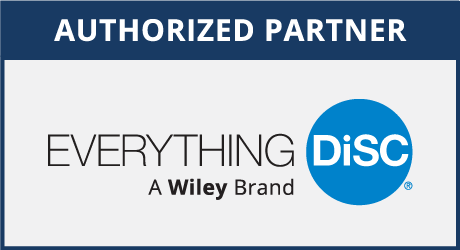
Leadership presents a rollercoaster of triumphs and trials. Like everyone else, they are not immune to a missed deadline, underwhelming projects or a personal challenge that has disrupted their schedule. These moments can leave us feeling disheartened and even cause us to question our abilities. Yet, in these crucial moments, the most adept leaders embrace self-compassion.
Here are 10 healthy ways to address setbacks that will improve your resiliency and impact as a leader:
1. Acknowledge the Setback
The first step in practicing self-compassion as a leader is acknowledging the setback. Accept that setbacks are an inevitable part of the journey, and they offer valuable lessons. Refuse to deny or ignore the issue; instead, confront it head-on.
2. Avoid Self-Criticism
As leaders, we can be our harshest critics. Shift the focus. Embrace setbacks as opportunities for growth, acknowledging fallibility. Consider each setback a lesson propelling your journey toward becoming a more adept leader.
3. Embrace Self-Reflection
Self-reflection is a vital tool for leaders. Take time to understand and analyze factors that led to the setback. Please don't focus on placing blame; it's more about learning and growing as a leader.
4. Seek Support
Leaders often have a network of colleagues, mentors, and friends who can provide support and guidance. Sharing your challenges with others can offer fresh perspectives, facilitating your personal and professional growth.
5. Set Realistic Expectations
Leaders often set high standards for themselves, sometimes leading to disappointment when things don't go as planned. Being kind to yourself means setting realistic goals and expectations and understanding that not everything will always go perfectly as planned.
6. Focus on What You Can Control
Make sure to direct your energy wisely. Instead of fixating on the uncontrollable, channel your efforts into areas you can influence, allowing for proactive progress despite setbacks.
7. Prioritize Self-Care
While leaders are renowned for their diligence, self-care isn't a weakness. Prioritize self-care activities that help you relax and refresh your mind, body, and spirit, such as exercise, meditation, journaling, engaging in a hobby, or spending time with loved ones.
8. Learn, Adapt, and Embrace Change
Leadership is an evolving journey and an ongoing voyage. Use setbacks as opportunities to learn and adapt. Exceptional leaders constantly evolve and transform, demonstrating resilience in adversity.
9. Embrace Resilience
Resilience defines exceptional leadership. Harness it to rebound from setbacks, channeling newfound determination. Remember, setbacks are a mere pause (not a dead-end) on your journey towards success.
10. Celebrate Your Achievements
Embrace the victories, no matter how small. Celebrating these milestones fuels your confidence and drive, reinforcing your ability to overcome obstacles more easily.
Navigating the challenges of leadership often involves encountering setbacks. Yet, within these trials lie pivotal opportunities for personal growth and development. By fostering self-compassion, prioritizing self-care, and extracting valuable lessons, leaders can strengthen their resilience while elevating their capacity to inspire teams and drive long-term success.
Coaching Challenge
Harnessing your strengths is a powerful tool for resilience, enabling learning and growth during challenging times.
Reflect on how your strengths have helped you succeed in the past. Think specifically about how you can aim your strengths to pave a clear and successful path forward. What will you choose to think (believe), feel, and do differently instead of listening to the harsh critic in your head?
Remember, being kind to yourself is not a sign of weakness but a sign of a wise and compassionate leader.




